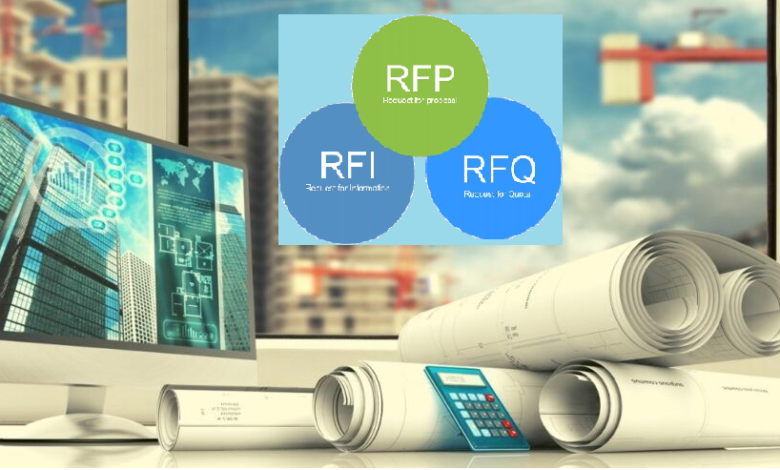How Artificial Intelligence is Changing the RFP and RFI Process

The ongoing development of Artificial Intelligence (AI) technologies has led to a high degree of simplification and efficiency in business processes that in previous decades required significant time and financial investment. Especially when it comes to creating RFPs and RFIs. Industry research shows that AI-powered RFP solutions are ideal for companies looking to mitigate risk, increase speed of engagement with potential suppliers, and improve transparency.
Implementing AI in the RFP and RFI Process
The use of artificial intelligence to streamline the RFP and RFI process offers many benefits by increasing efficiency and reducing supplier risk. The benefits of AI technologies can be grouped into the following key dimensions:
- Faster processing of requests and time savings. AI helps save a lot of time spent preparing and completing RFPs and RFIs by automating the collection, processing, and analysis of data from multiple sources. AI software tools are able to analyse data across multiple media at once, even identifying potential patterns and risks, allowing managers to focus on more strategic work.
- Risk reduction through supplier evaluation and analytics. Artificial Intelligence has proven to be very useful for most organizations in assessing supplier risk by looking at historical trends and credit scores, among other elements such as market perception. The use of AI-based applications makes it possible to evaluate each potential supplier in detail, thus avoiding the risk of working with unqualified or unscrupulous partners.
- Data accuracy and minimizing human error. Applying artificial intelligence to the creation of RFxs and RFIs helps eliminate the risk of human error when sifting through large amounts of data. This is especially critical when evaluating vendor bids, where AI can check for compliance with requirements, pricing, and other relevant factors. Automation not only speeds up the process, but also ensures a high level of accuracy in data processing.
- Real-time monitoring and market trend analysis. Thanks to modern technologies, companies are able to monitor market changes as they occur, allowing them to respond quickly to any external factors that would affect, for example, the selection of suppliers or the terms of partnership. Market information is automatically collected and processed using market analytics to optimize supply chain management decisions using AI algorithms.
How AI Reduces Risks in the RFP and RFI Management Process
AI-powered solutions for RFP and RFI processes significantly reduce risks related to supplier selection errors, unreliable partners, and potential contract breaches. Below are several ways AI helps mitigate these risks:
- Creditworthiness and financial stability analysis of suppliers.
- Risk prediction based on historical data.
- Regular evaluation of compliance with standards.
Improving the efficiency of RFP and RFI processes is one of the main reasons why companies are transitioning to automated AI solutions. The implementation of AI significantly streamlines communication with suppliers, enabling quick request processing and providing fast responses to inquiries. This improves the quality of supplier interactions, reduces time spent on paperwork, and ensures transparency at every stage of the process.
SEQUESTO provides advanced AI-driven tools that help reduce risks and improve the efficiency of RFP and RFI preparation processes. With those solutions, companies can quickly adapt to market changes, ensure transparency in supplier management, and avoid unforeseen risks, leading to better results in selecting reliable partners.





